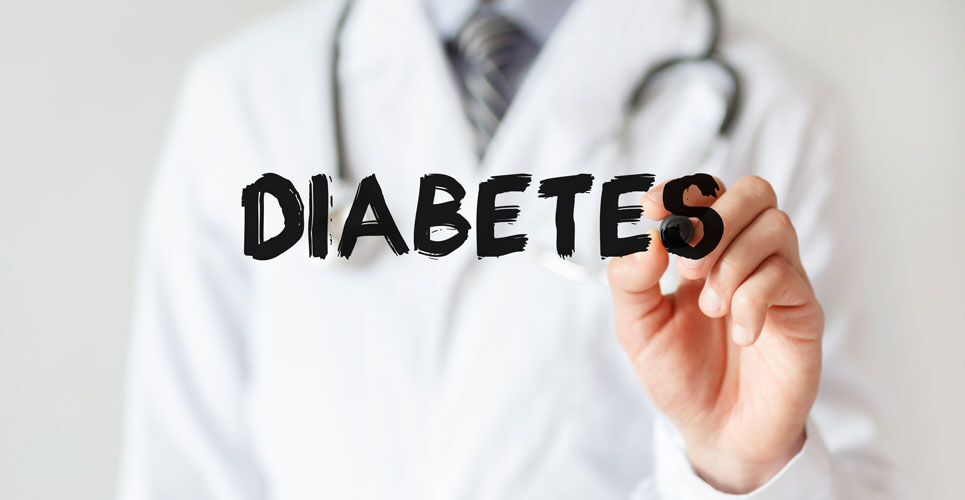The risk of developing diabetes after becoming infected with COVID-19 remains elevated for at least three months before declining
The diabetes risk from being infected with COVID-19 stays high for at least three months after the acute infection before declining according to the results of a study by researchers based at King’s College, London, UK.
Over the course of the pandemic, emerging evidence has shown that infection with COVID-19 is associated with many adverse sequelae as witnessed by increased incident use of several therapeutic agents such as pain medications, antidepressants, anxiolytics and oral hypoglycaemic agents, highlighting an increased diabetes risk. Furthermore, in other work, it has been shown that COVID-19 is a risk factor for acute myocardial infarction and ischaemic stroke in the first 2 weeks following an acute infection. While many of those infected with COVID-19 make a full recover, it is now accepted that approximately 10%-20% of people experience a variety of mid and long-term effects which are collectively known as post COVID-19 condition or long COVID. While it is clear that COVID-19 can increase the risk of cardiometabolic diseases such as diabetes, whether these risks remain high over the longer term is uncertain. A further complicating factor is that because of the restrictions imposed by the various COVID-19 lockdowns, many individuals will have changed both their diet and levels of physical activity which could also affect their cardiometabolic risk. Trying to understand the longer term level of risk therefore requires a comparison of the incidence of diabetes over time between infected and non-infected individuals.
This was the purpose of the present study in which the UK researchers conducted a population-based, matched cohort study with the CPRD Aurum, a large and comprehensive medical records database. They focused on both diabetes and cardiovascular disease (CVD) and identified a COVID-19 cohort which was matched (based on age, gender and practice) to individuals with no recorded diagnosis of infection and excluding those with pre-existing diabetes or cardiovascular disease. For the purposes of analysis, the researchers set the index date as when the first code for COVID-19 infection was recorded in the notes and examined the incidence of diabetes and CVD over four periods: 4 weeks prior to the index date; 4 weeks after this date; 5 to 12 weeks later and finally, from weeks 13 to 52 after the acute infection. The study outcomes were the first recorded diagnoses of diabetes and CVD. The results were adjusted for several covariates known to be associated with diabetes and CVD e.g., smoking status, body mass index and blood pressure.
Diabetes risk and COVID-19

A total of 431,193 individuals with a median age of 35 years (44%) males were matched to an equal number of control patients.
In the first four weeks after infection with COVID-19, the diabetes risk increased by 1.8 times (incidence rate ratio, IRR = 1.81, 95% CI 1.51 – 2.19, p < 0.001). However, this risk remained elevated between 5 and 12 weeks after the index date (IRR = 1.27, 95% CI 1.11 – 1.46, p < 0.001). However, between weeks 13 and 52, the rate, while still slightly higher, became non-significant (IRR = 1.07, 95% CI 0.99 – 1.16, p = 0.07). There were also significant elevations for CVD up to 12 weeks which again became non-significant after 13 weeks.
The authors concluded that an important finding of their study was how the diabetes risk remained higher for at least 3 months after an acute COVID-19 infection. They suggested that patients recovering from the virus should consider measures to reduce their diabetes risk through diet, weight management and physical activity levels.
Citation
Rezel-Potss E et al. Cardiometabolic outcomes up to 12 months after COVID-19 infection. A matched cohort study in the UK PLoS Med 2022

